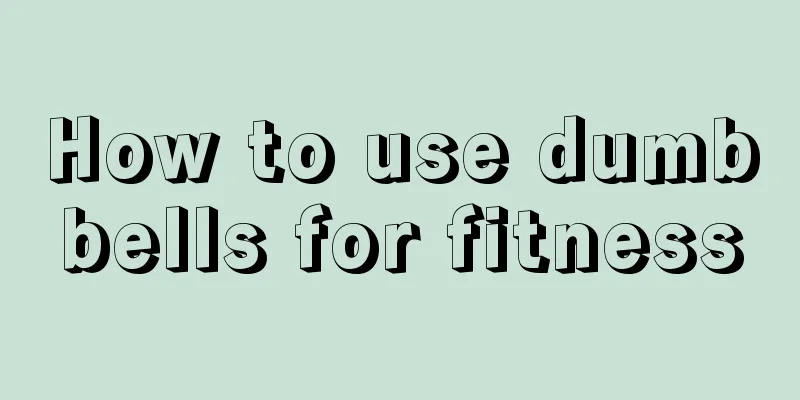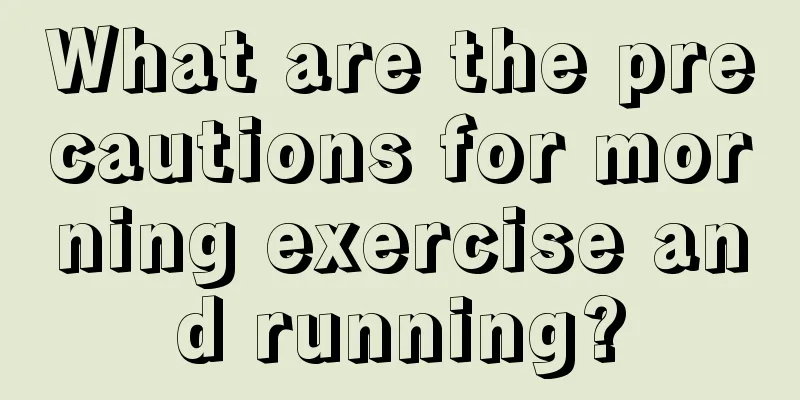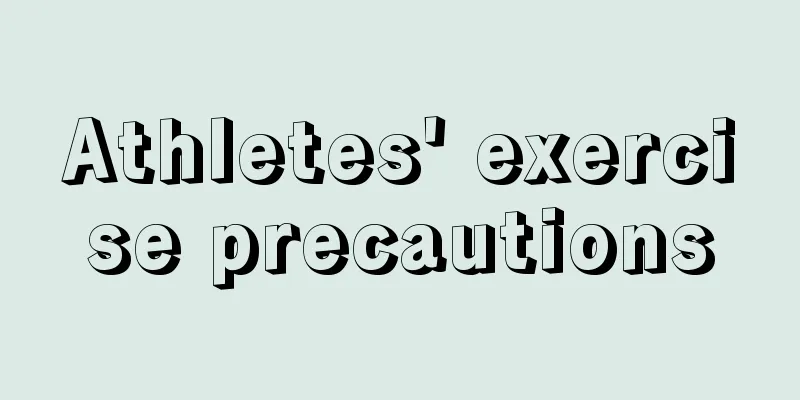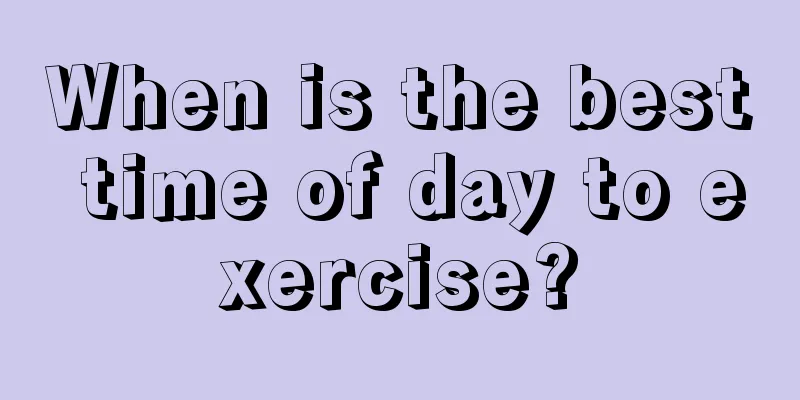What muscles do parallel bars train?

|
Parallel bars are a relatively common fitness equipment. Parallel bar exercises can have a good effect on multiple muscle tissues of the body. For example, they can achieve good training results for the upper arm muscles, chest muscles and waist muscles. When doing parallel bar exercises, you must master some essentials of the movements to avoid muscle injuries due to lack of movement of the body. The benefits of holding the parallel bars, holding the parallel bars to exercise the chest muscles Parallel bars have always been an approachable piece of fitness equipment and can be found everywhere, whether in parks, communities or schools. Parallel bars, pull-ups, and push-ups are listed as the three classic bodyweight training exercises. The push-up is one of the indispensable movements in upper limb training: it mainly exercises the lower pectoral muscles, but also exercises the triceps and anterior deltoids. Starting action: 1. The distance between the parallel bars should be wider than the shoulder width. Hold the bar with both hands, use your arms to support your body upward, and keep your chest up and abdomen in. Action process 1. Slowly bend your elbows and lower your body. When you are at the lowest position, pull your head forward and slightly extend your elbows outward. You should feel your chest muscles stretching. 2. Use the strength of your chest muscles to contract and support your arms, raising your body until your arms are straight (it feels like you are using your chest muscles to hold your body up). 3. When the upper arms exceed the horizontal position of the parallel bars, retract the hips slightly and lower the upper body with the head and chest tucked in. 4. When both arms are stretched out, the pectoralis major muscles are in a contracted and tense state. Repeat the above steps. Precautions 1. Perform the movements slowly, and do not rely on the swing of your body or inertia to complete the movements (it is recommended that beginners use auxiliary equipment). 2. Push up a little faster and use your chest muscles to push; 3. Keep your chest and head up, abdomen in, and do not shrug your shoulders; 4. To increase the intensity of training, you can practice with weights around your waist. Number of sets: Maintain 3-4 sets, 8-12 times each, with a rest time of 30-45 seconds. |
<<: Extreme hand exercises, can you do it?
>>: Where to train for parallel bar dips
Recommend
What are the warm-up exercises for running?
For people who have not exercised for a long time...
Will running make your thighs thicker?
Running is a very simple and effective aerobic ex...
What is the best way to slim down your legs?
Many people know that it is better to lose weight...
Ways to exercise small muscle groups
The body has large muscle groups and small muscle...
Belly fat burning exercise method
The ugly belly has always troubled many people, a...
What are the benefits of playing sandbags
Many men choose to exercise by hitting sandbags. ...
What is the exercise of swimming?
Many sports can exercise different parts of our b...
Can you build muscle by doing push-ups?
Nowadays, boys like to exercise their bodies. Som...
Can aerobics help you lose weight?
Exercise is the preferred method for weight loss....
Some common mistakes in fitness
In order to stay healthy, many people are keen on...
What are the disadvantages of squats?
As people in modern society become more familiar ...
Why does skipping rope give me a headache?
Life lies in exercise. Many people like to do rop...
Is winter suitable for swimming? What are the benefits of winter swimming?
Winter swimming, known as "vascular gymnasti...
What is the fastest running posture?
Running is a sport that everyone can do. From the...
Running for an hour is good for your health
Running is one of the most common physical exerci...









